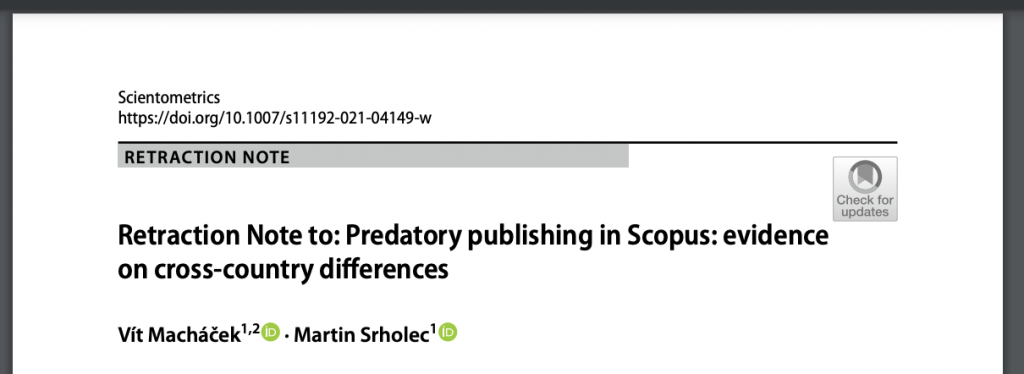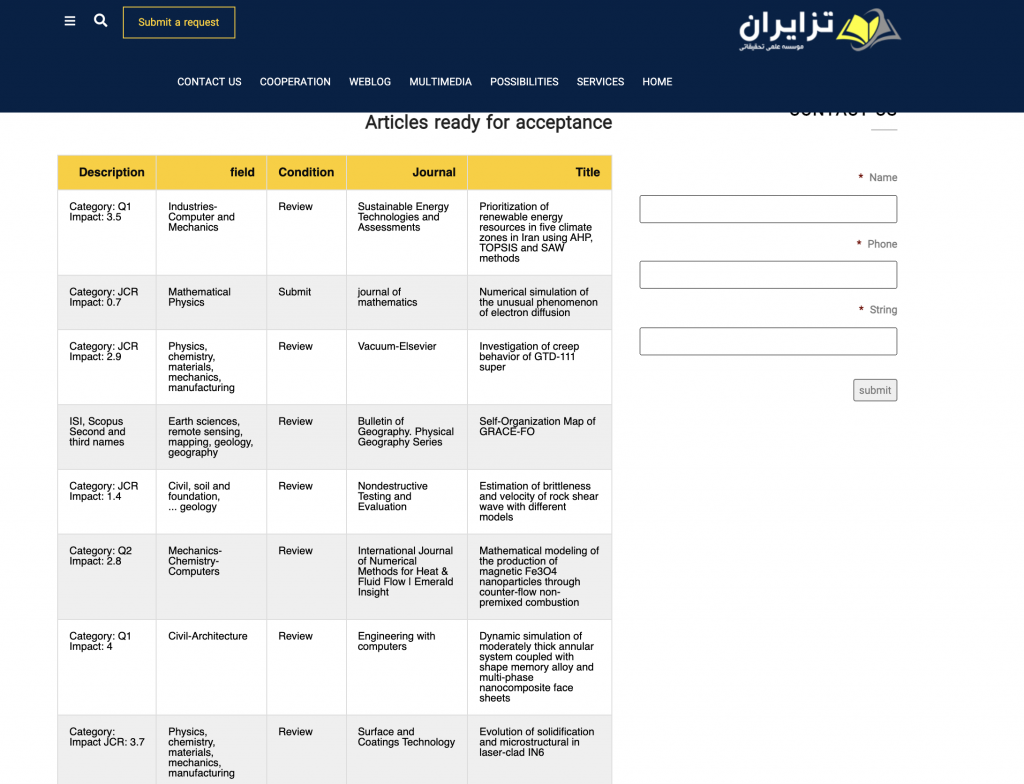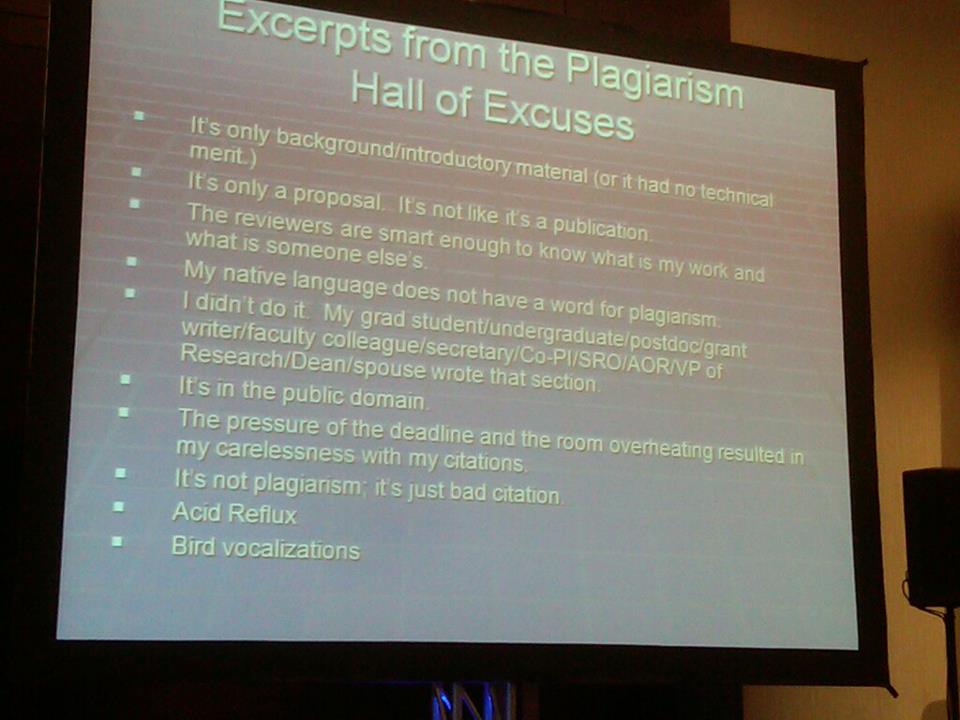A researcher at the University of Newcastle in Australia plagiarized a former student’s thesis, according to a summary of a university investigation obtained by Retraction Watch.
Andy Eamens, who at least until recently was an agronomy researcher at Newcastle, published a paper in 2019 that included work by Kate Hutcheon, whose PhD work he supervised, without any credit. Hutcheon, who earned her PhD in 2017, contacted the journal, Agronomy, an MDPI title, in November 2019.
The journal, Hutcheon told Retraction Watch, “forwarded a copy of my complaint directly to my PhD supervisor (without my consent). Thankfully they also forwarded me a copy of his response.” In what we found a bit confusing, to say the least, Eamens wrote, in part:
Continue reading University orders PhD supervisor to retract paper that plagiarized his student








